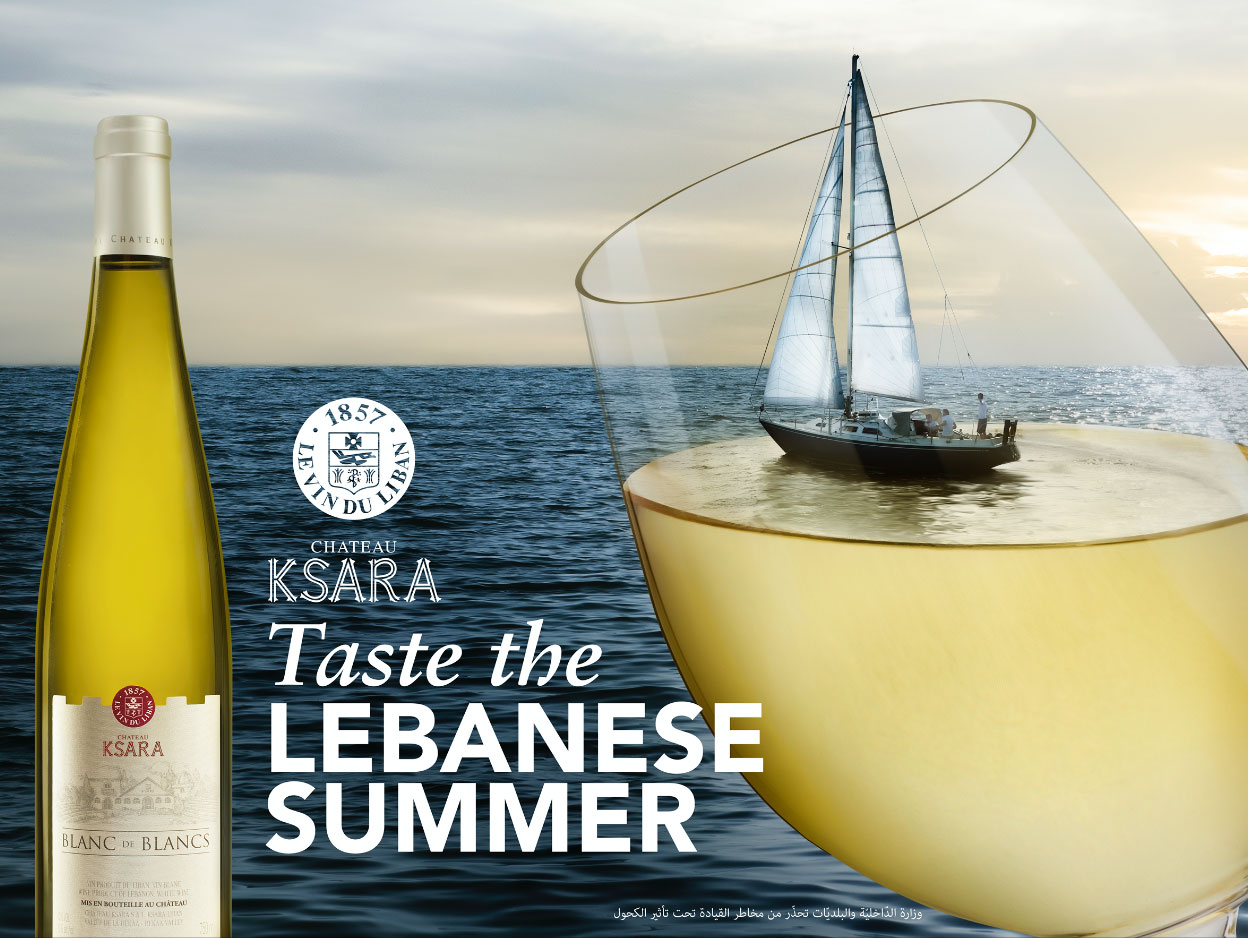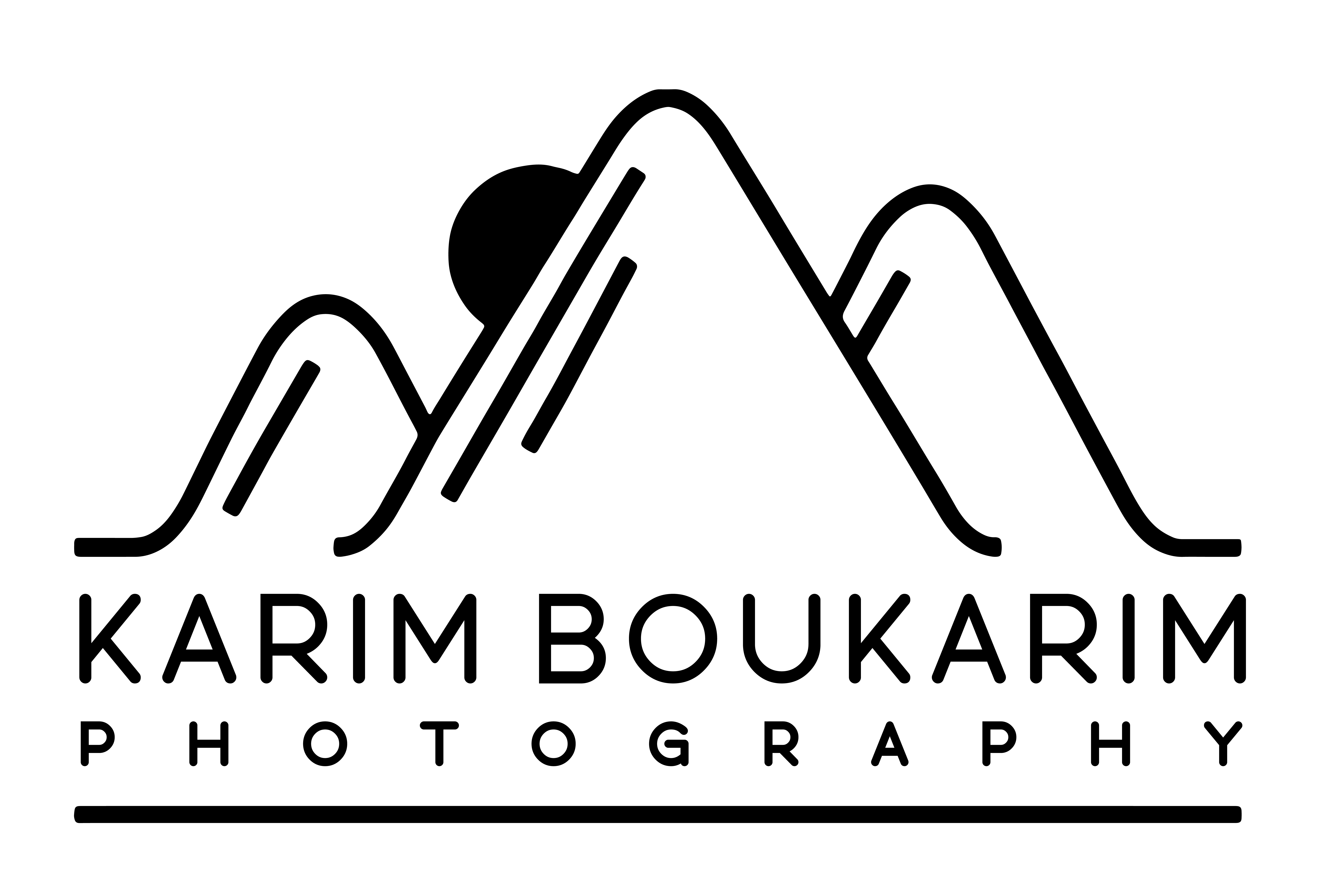











Château Ksara Summer Campaign 2019
“Taste the Lebanese Summer” that is the title of the Chateau Ksara’s summer campaign for 2019.
It was a pleasure working with Ksara on this campaign, from taking the landscape photographs with the models, to shooting the glasses and bottle of wines.
About Chateau Ksara:
Château Ksara began life in 1857 when Jesuit Fathers inherited and began farming a 25 hectare plot of land to produce Lebanon’s first non-sweet red wine. In doing so, they laid the foundations of Lebanon’s modern wine industry.
It is worth remembering however that Lebanon’s oldest winery is merely continuing a 5,000-year-old trading tradition. Lebanon sits on the site of ancient Phoenicia, one of the world’s oldest merchant civilizations and one of the first to sell its wines to other nations.
The Jesuits accidental discovery of a grotto, stretching over 2 kilometers, gave the religious men a perfect storing area, which was not too humid and at ideal temperature . It is dug in a limestone rock and it is believed that the grotto dates back to the roman period but its use by the ancient civilization is still unknown.
The cave comprising 6 tunnels which cover 2 km under Ksara, were discovered in 1898 and represent perfect conditions for storing wines, as temperature remains between 13 and 15 degrees Celsius all year round.
100.000 tourists per year wind down into the dark, dank grotto peering at ancient tools and bottles entombed in dust and mildew. The cellars contain approximately 900.000 bottles ranging from last year’s vintage to a few final examples of the 1918 vintage.
- Category: Project
- Date: July 2019

